Struggles

219 products
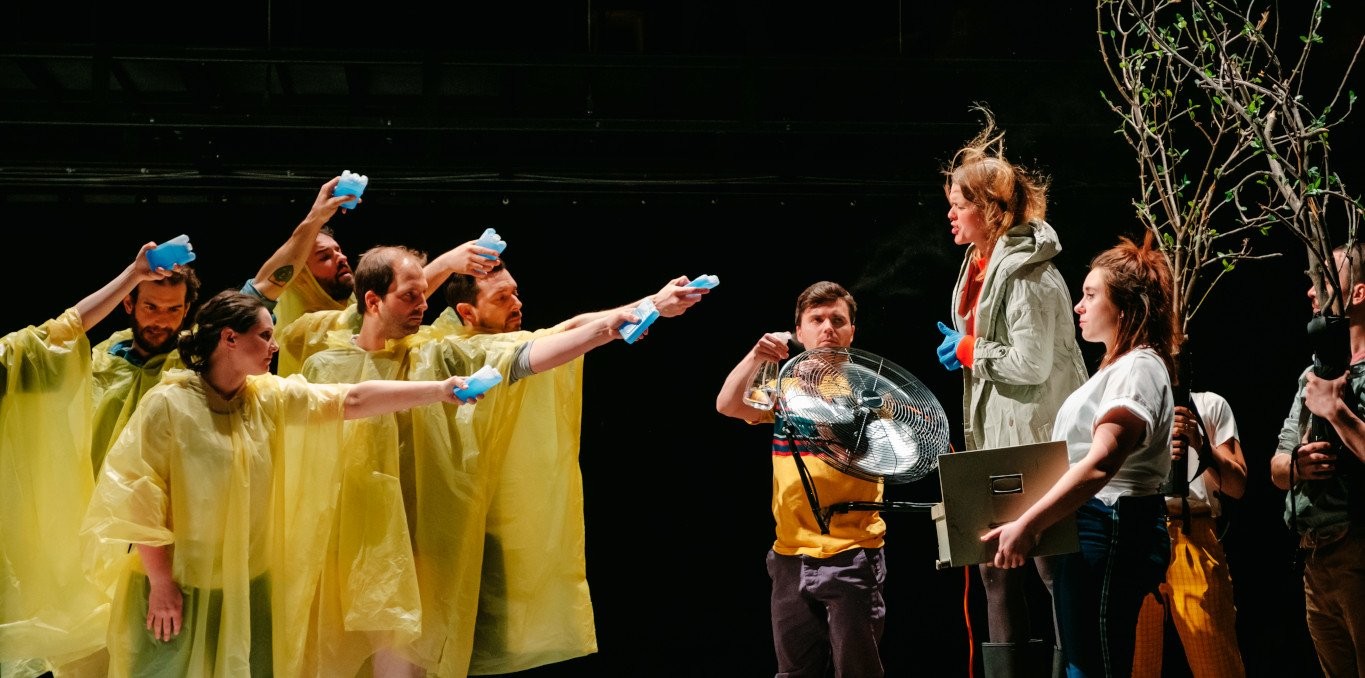
Upwelling
Subscription access
Twenty young actors are brought together for a creation lab by stage directors Véronique and Gabrielle Côté, to create a collective work at one of the great national theatres. Over a full year, they scour contemporary Québécois poetry to tap into the spirit of the times. Whether in workshop settings or at the four corners of the territory, we watch the creative process of _Upwelling _unfold. Wh...

Bras de fer
Subscription access
On October 26 2012, a red dust covers the neighbourhood of Limoilou in Quebec city, where Véronique Lalande and her husband Louis Duchesne live with their one-year-old boy. Iron oxide, nickel, zinc, arsenic and other heavy metals fall on the districts close to the Port of Québec, which is home to the St. Lawrence Stevedoring, the largest nickel ferry in North America. Véronique Lalande calls, w...
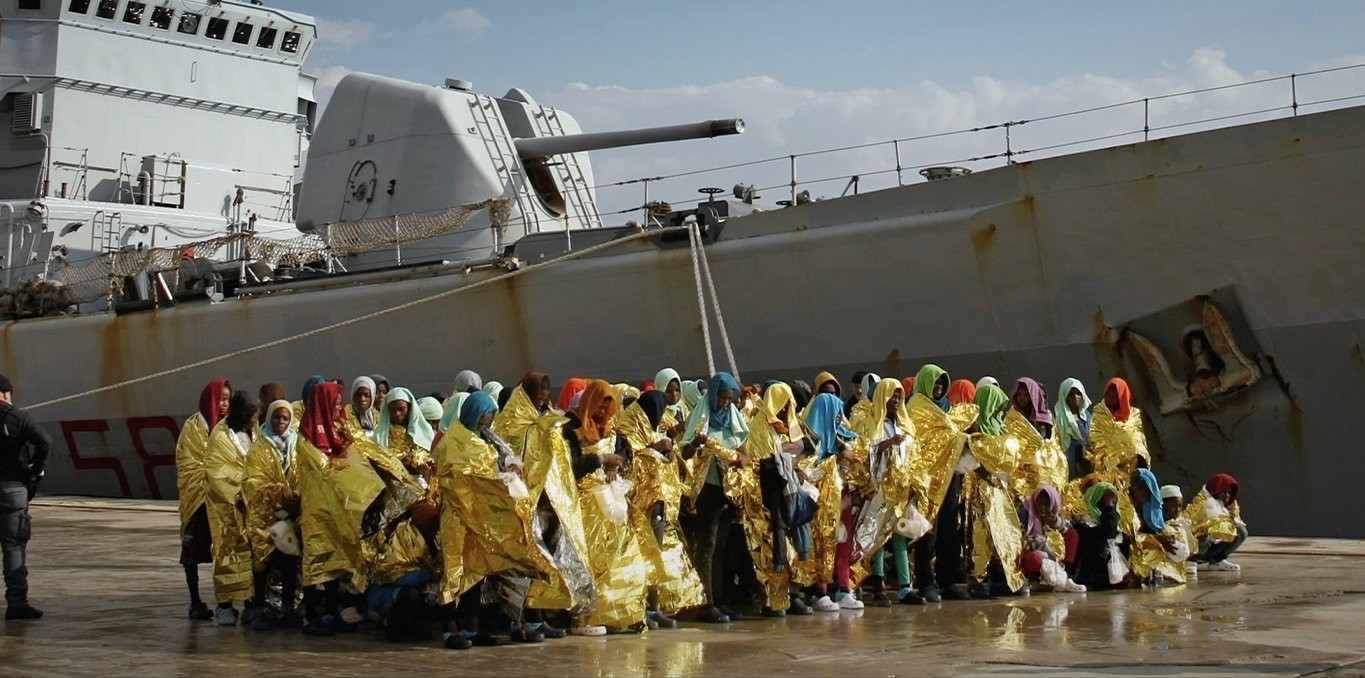
After the Odyssey
Subscription access
After a Dantean journey, women from Nigeria arrive alone and ever younger in Italy, looking for a better life. Such horrors as human trafficking and sexual slavery are waiting for them, as we discover in this ensemble film, featuring harrowing stories told in a sensible way that spares us from the unbearable. These tales provoke a broader reflection on migration and otherness.
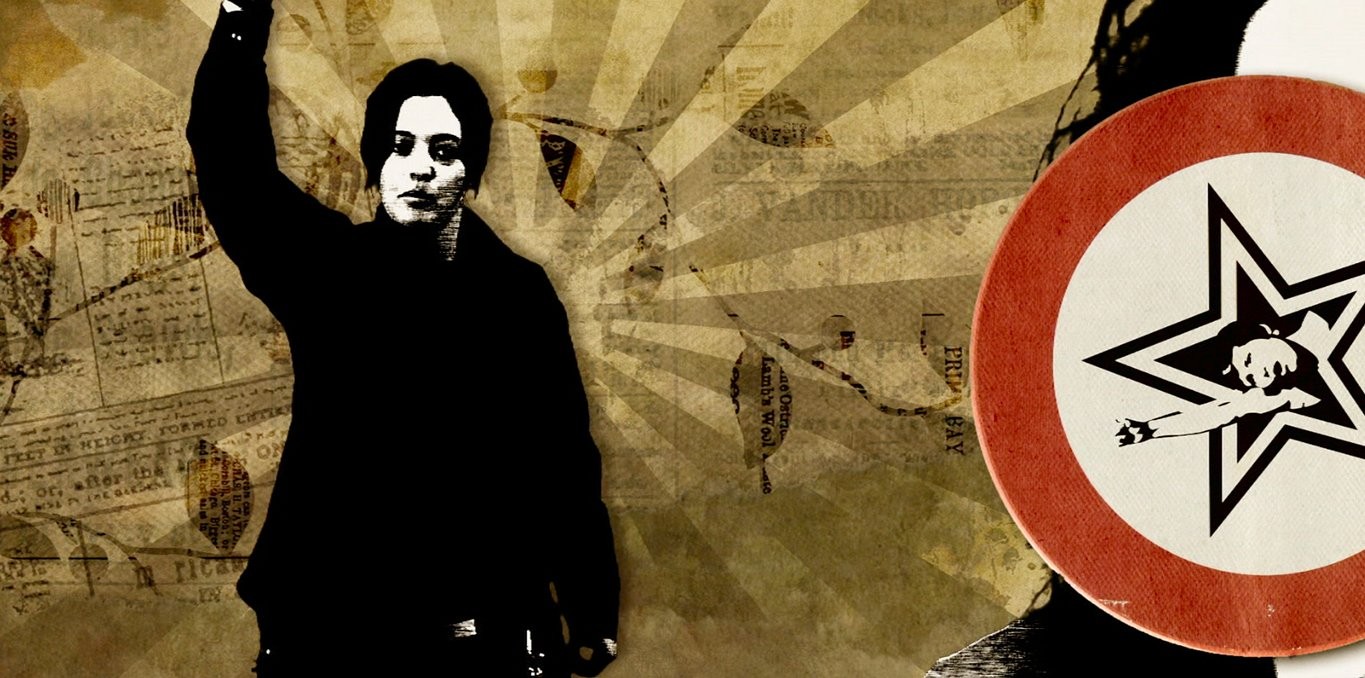
Attention féministes!
Subscription access
Portraits of young contemporary feminists. Geneviève, Barbara, Pascale, Coco and Marco: so many ways of being feminists today! At a time when ideologies have been declared dead, these young people still believe in a better world! Through their personal and social commitment, we discover the “new” face of feminism, that of the girls and boys of generations X and Y. A dynamic movement, a mode of ...
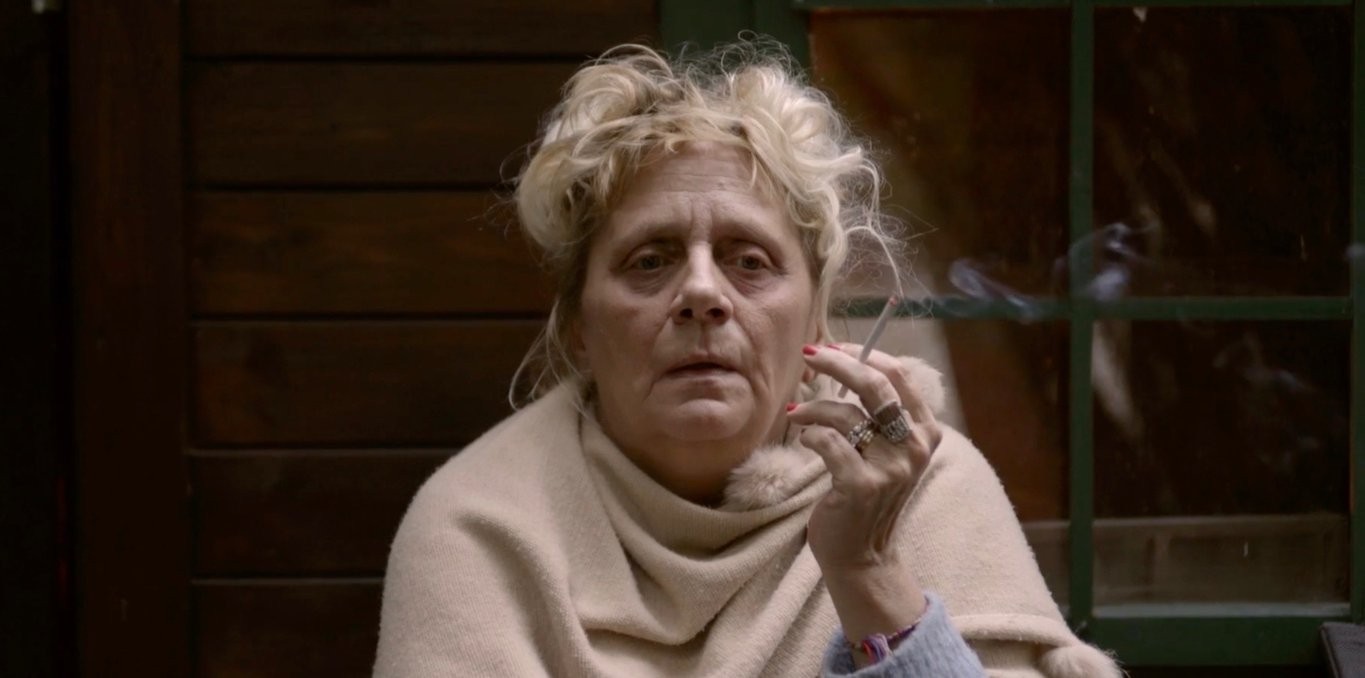
Mathilde and the Love Room
Subscription access
Puffing on super slim cigarettes, and wearing high heels, Madame Mathilde, as she's often called, is an exceptional, tireless public health nurse on a mission to help the homeless in Brussels through countless projects. Will she succeed in convincing Valérie and Mohammed to find some intimacy in her "Love Room"?
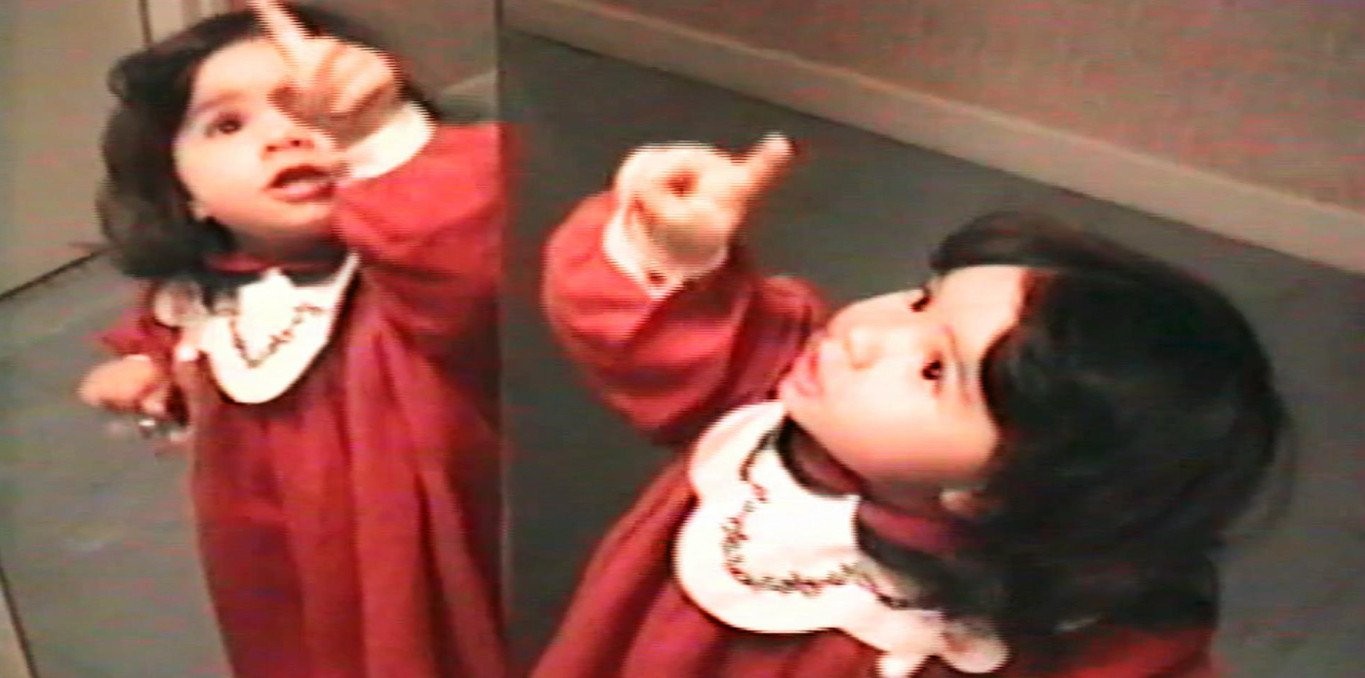
The Kettle
Subscription access
In a letter to her attacker, a young woman describes all the harm she would, in turn, inflict on him. Authenticity and violence reverse the victim-culprit relationship.
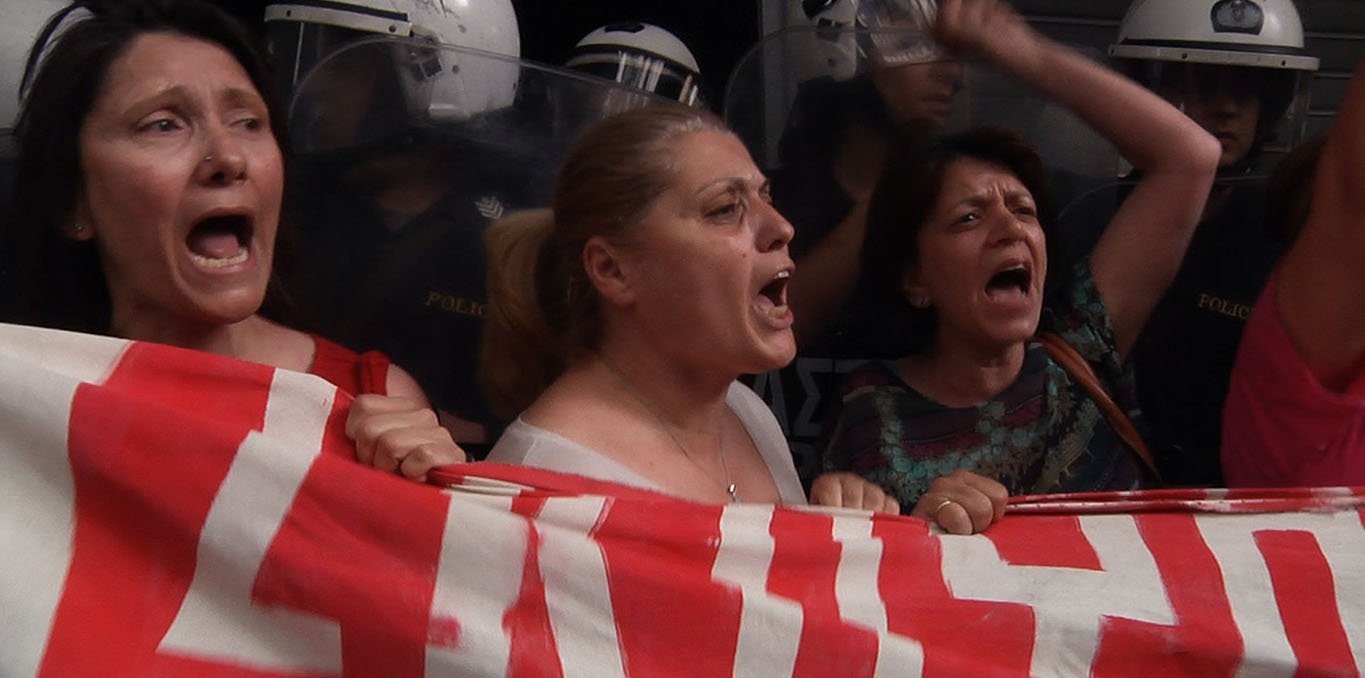
Fighting Through the Night
Subscription access
Filmed over the course of two years, \_Fighting Through the Night\_ is a long journey to the heart of Greece today. In this country thrown into torment by a totalitarian economy, institutional violence is met with stubborn resistance. Driven by both complementary and dissonant energies, the film is suffused with a desire for freedom and the rebellious power of the people it brings together. Whe...
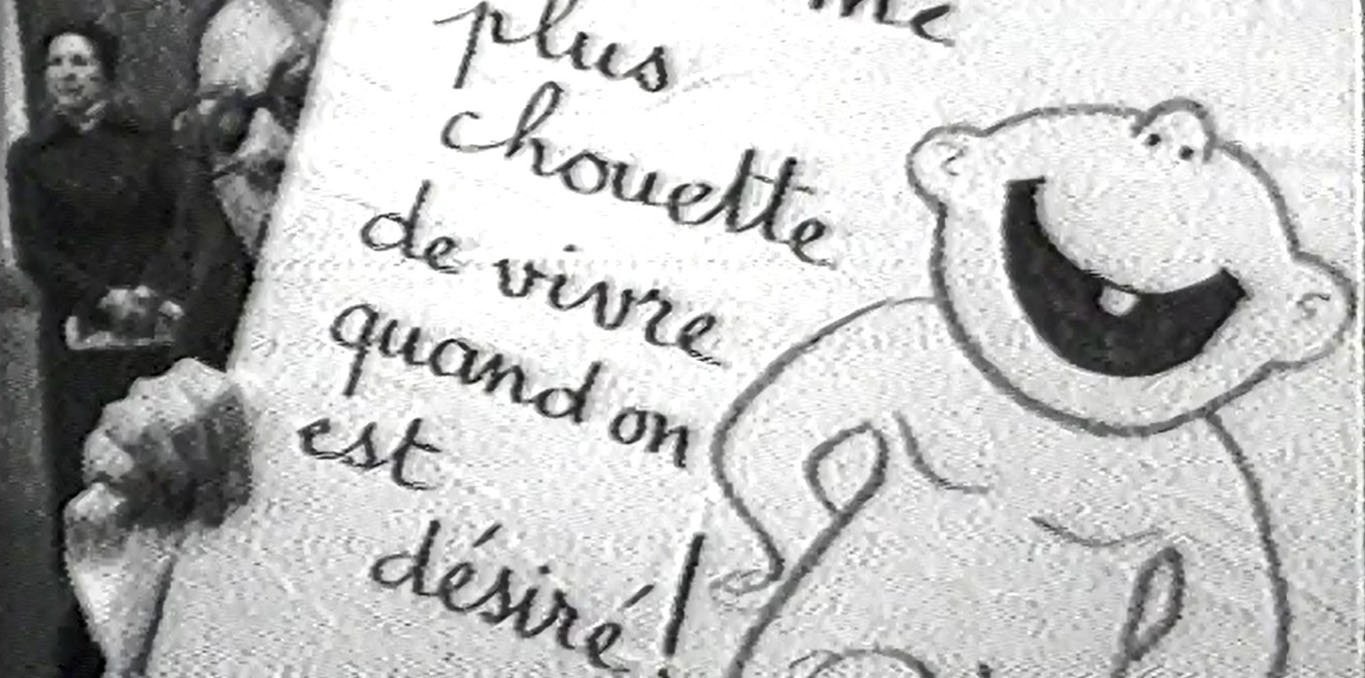
Y'a qu'à pas baiser !
Subscription access
This documentary about abortion was made when it was still illegal in France. It looks at why women decide not to keep their child and how an abortion is carried out according to the Karman method. The film also shows the first women’s demonstration in favour of abortion held on November 20, 1971.
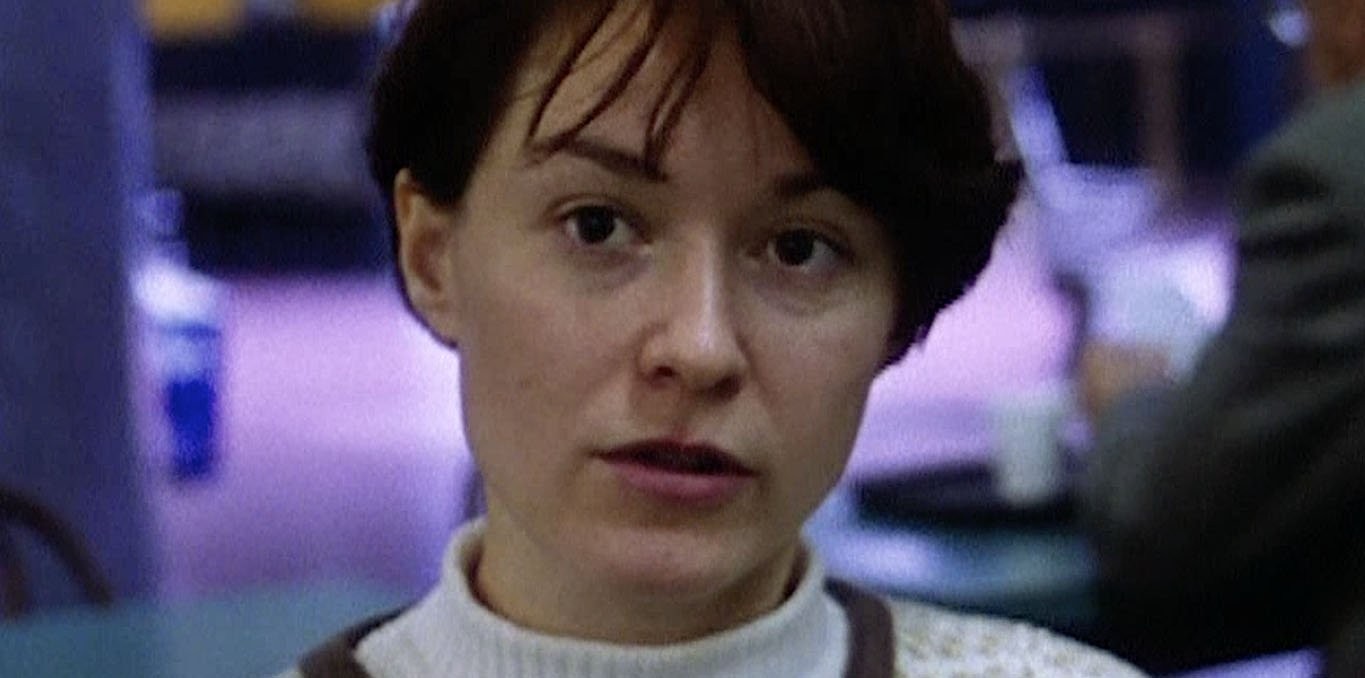
Le temps qu'il fait
Subscription access
Nestor, Lei, Pierrette, Mohamed, Hafida, Marius, Marc, Galina, Genady, Mike and Lala: through their presence, \_Le temps qu’il fait\_ weaves a mosaic of stories in which dreams and disappointments, hopes and worries intertwine with the life that is before them. In counterpoint, there are these new landscapes of financial centers, abandoned industrial spaces and wasteland from which we hear the...
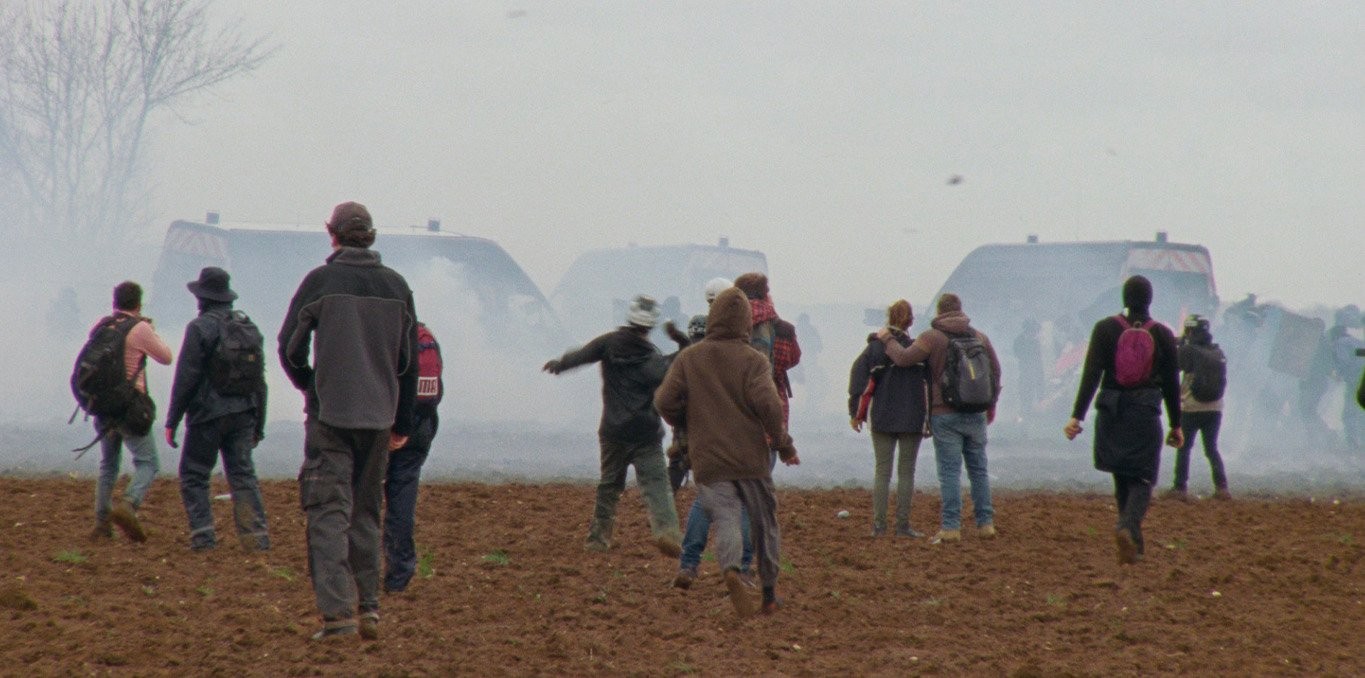
Direct Action
Duration: 7h04
Subscription access
In January 2018, the construction of an airport in rural Notre-Dame-des-Landes was officially canceled, putting an end to years of resistance led by one of the most important activist communities in France. From 2022 to 2023, filmmakers Guillaume Cailleau and Ben Russell immersed themselves in the ZAD (zone-to-defend) to create a portrait of collective life in the years after this unprecedented...
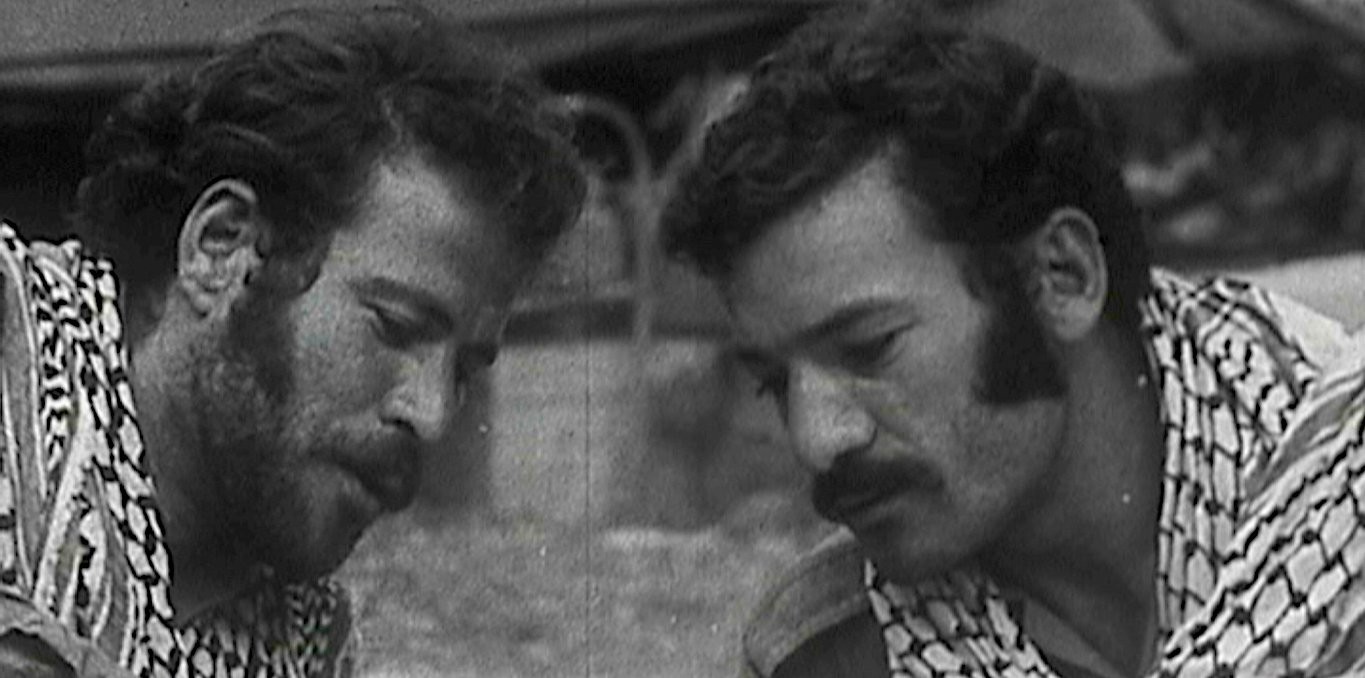
They Do Not Exist
Subscription access
Life in the Nabatia refugee camp in Southern Lebanon, accompanied by a voice-over reading a letter written to a _fedayeen_ (Palestinian fighter). A response to Israeli Prime Minister Golda Meir, who declared that the Palestinian people did not exist.
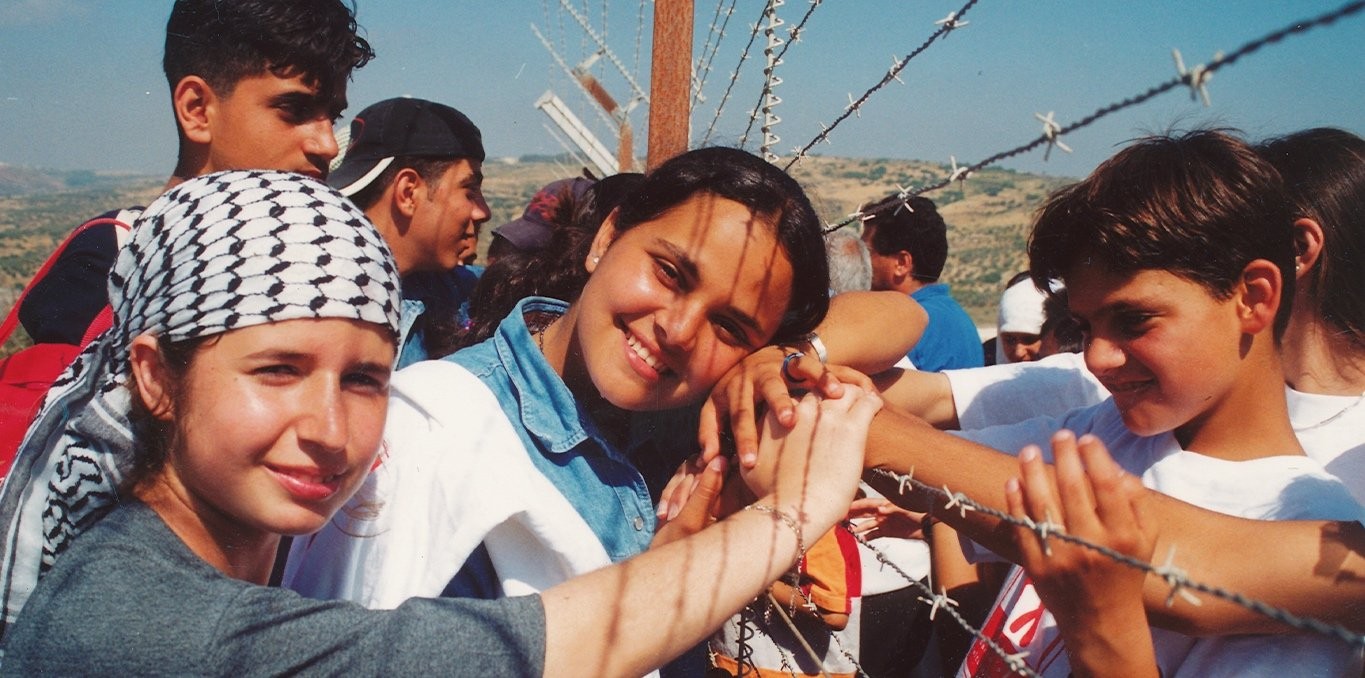
Frontiers of Dreams and Fears
Subscription access
From the Shatila camp in Beirut to the Dheisheh camp in Bethlehem, this film follows two teenage girls – Mona, 13, and Manar, 14 – who, separated by exile, get to know each other and form a friendship via the Internet, until a meeting becomes possible thanks to political events. Shot after the liberation of Southern Lebanon from Israeli occupation and at the outset of the Second Intifada, the f...

Children of Shatila
Subscription access
_Children of Shatila_ tells the story of Farah and Issa, two children from Beirut’s Shatila camp who use their imagination and creativity to overcome the overwhelming difficulties of living in a Palestinian refugee camp that has survived massacre, siege, and dispossession.
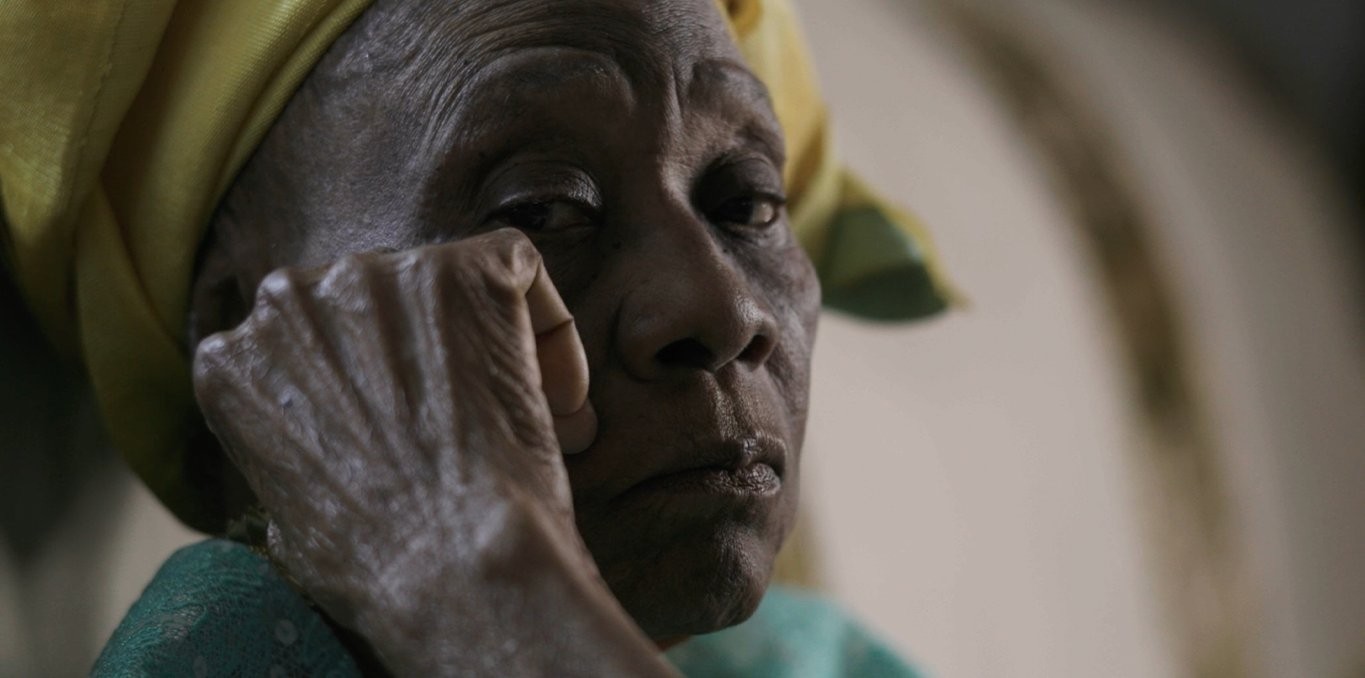
record found here
Subscription access
Ten years ago, lanaire aderemi’s grandmother told her about the Egba Women’s Revolt, a resistance movement against colonial taxation in the late 1940s in Abeokuta, Nigeria. Inspired by this story, lanaire explores archival documents, historical sites and oral testimonies to document the imaginative and revolutionary spirit of Abeokuta women in the 1940s.

It Will Always End in the End
Subscription access
Gabriel Drolet-Maguire, a queer fashion designer living in Montréal, takes us into their artistic world to speak about their HIV diagnosis and the process of acceptance that led them to reach out to the HIV-positive community. _It Will Always End in the End_ is a timely and hopeful look at past and present day HIV activism in Quebec.
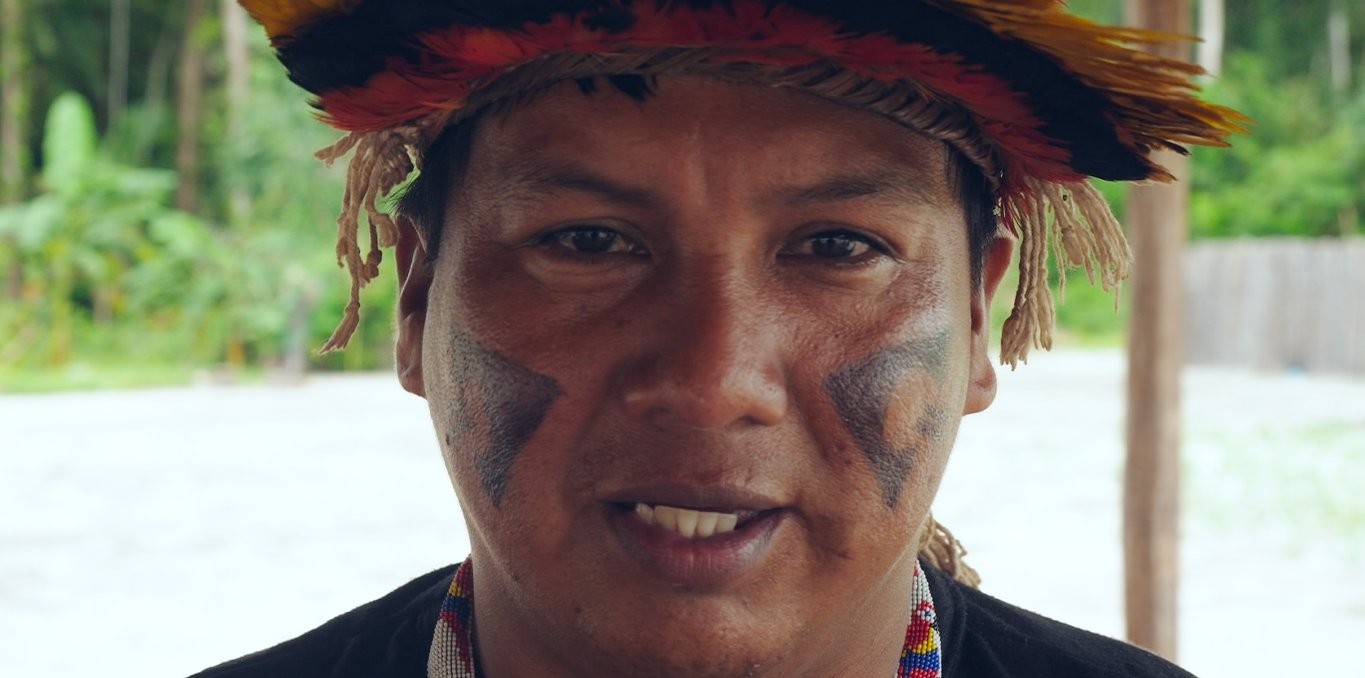
Amazonia, an Encounter with the Guardian of the Rainforest
Amazonia, an Encounter with the Guardian of the Rainforest
Duration: 3h14Subscription access
With a hybrid style blending political essay and road movie, this documentary by Santiago Bertolino takes us into the heart of the Amazonian reality. Following Marie-Josée Béliveau, an ecologist and ethnogeographer, they journey together along the 4000 km from the mouth of the Amazon River in Brazil to one of its sources in Ecuador where they meet with the guardians of the forest. As a result, ...
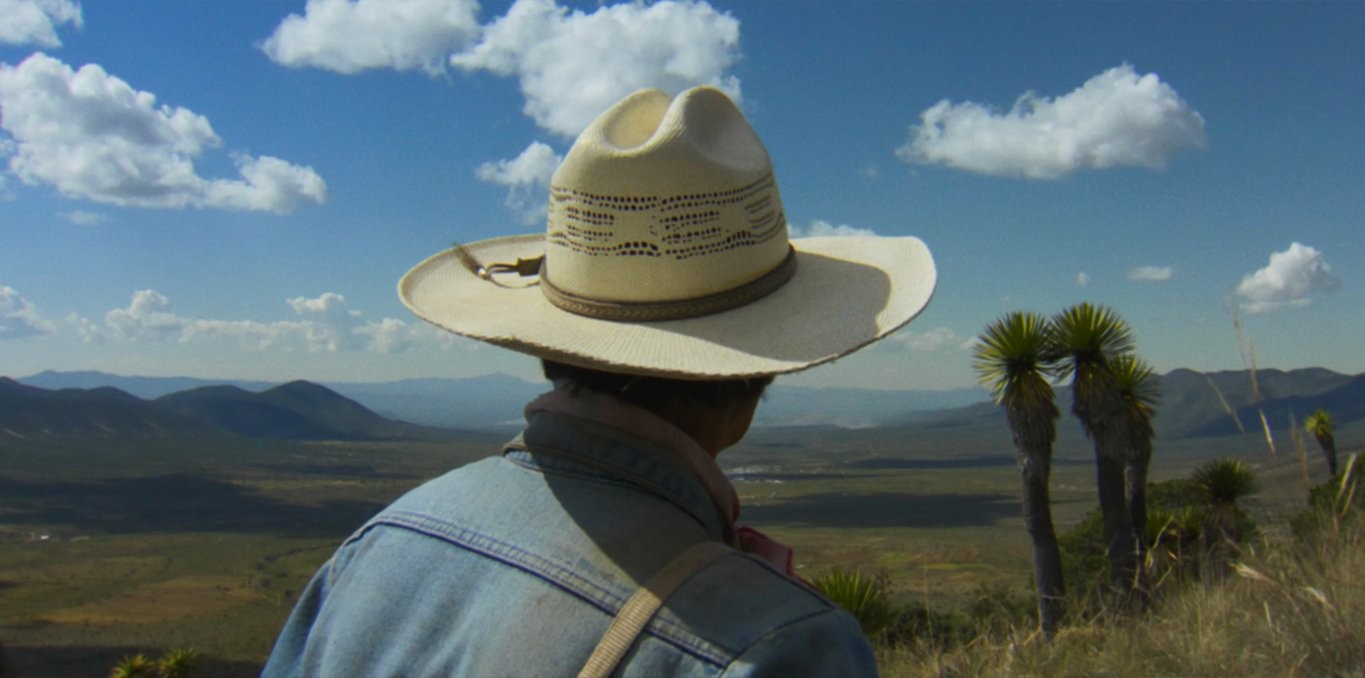
The White Guard
Subscription access
The Mexican landscape fades away into ashes and dust, fragmented, defaced and scorched. Behind barbed wirefences, forests, rivers and mountains fall to the hands of private companies. Once transformed, the landscape becomes a separate universe, an incongruous and dangerous area where the new masters and their mercenaries terrorize people into silence. Like other farmers from across the country,...

Still Recording
Subscription access
For five years, at the heart of the Syrian civil war, a group of aspiring filmmakers documented the fighting and the daily life of the people in the city of Douma, in Eastern Ghouta, a besieged suburb of Damascus.
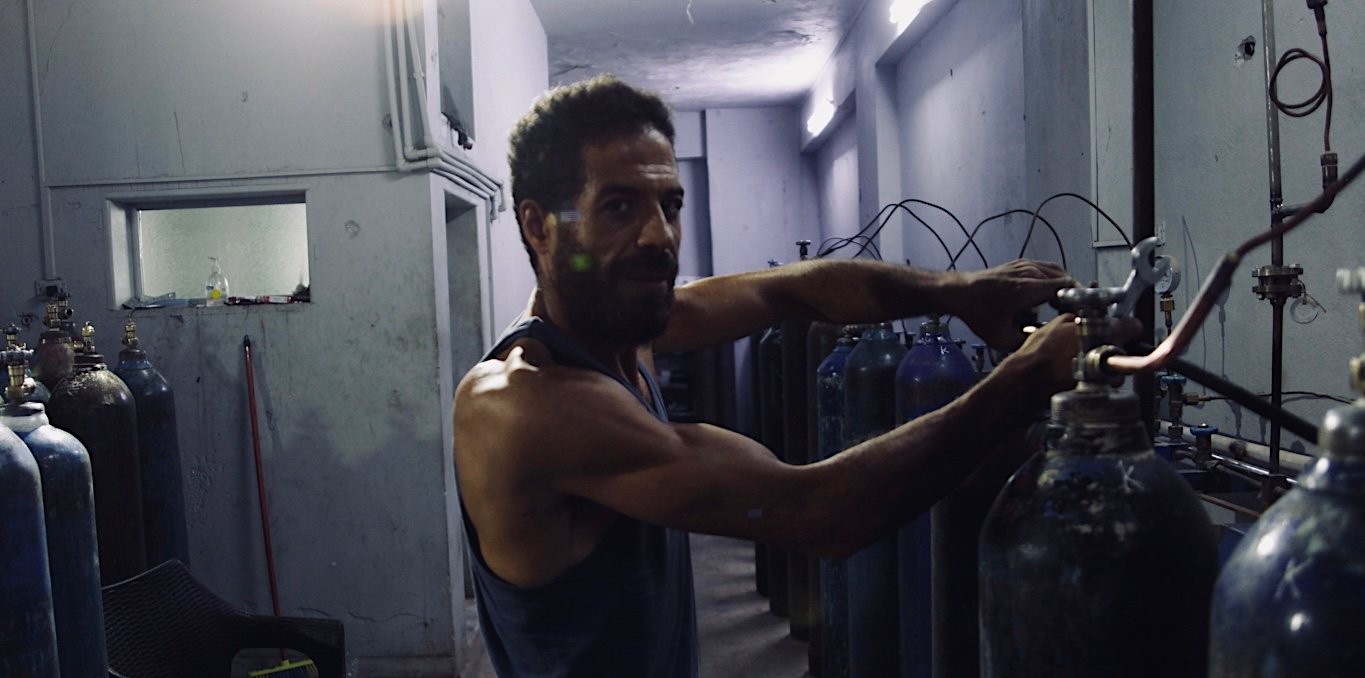
Damascus is Breathing
Since the beginning of the coronavirus pandemic, director Omar Malas has been asking himself a question: what would be the impact of the pandemic on Syrians after years of war? This documentary project is an attempt to portray the work of a citizen-led initiative in which he took part during the first wave of the pandemic.
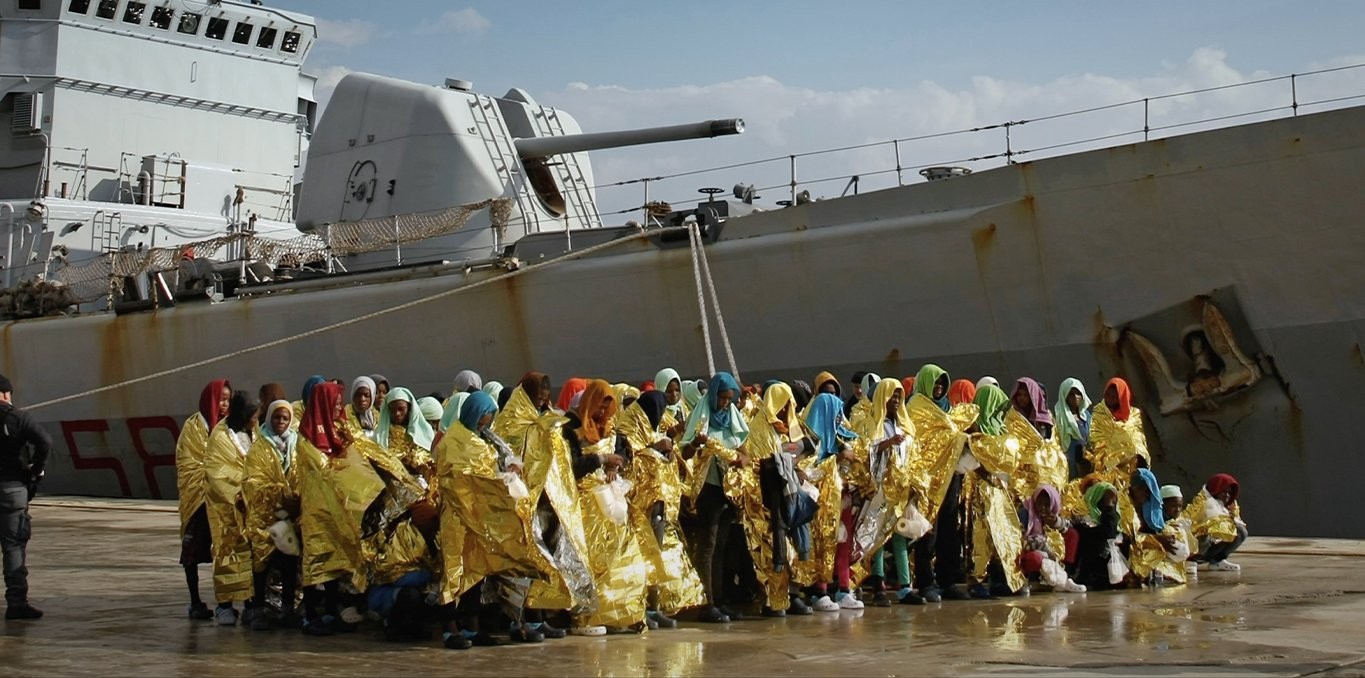
After the Odyssey
After a Dantean journey, women from Nigeria arrive alone and ever younger in Italy, looking for a better life. Such horrors as human trafficking and sexual slavery are waiting for them, as we discover in this ensemble film, featuring harrowing stories told in a sensible way that spares us from the unbearable. These tales provoke a broader reflection on migration and otherness.

Upwelling
Subscription access
Twenty young actors are brought together for a creation lab by stage directors Véronique and Gabrielle Côté, to create a collective work at one of the great national theatres. Over a full year, they scour contemporary Québécois poetry to tap into the spirit of the times. Whether in workshop settings or at the four corners of the territory, we watch the creative process of _Upwelling _unfold. Wh...

Bras de fer
Subscription access
On October 26 2012, a red dust covers the neighbourhood of Limoilou in Quebec city, where Véronique Lalande and her husband Louis Duchesne live with their one-year-old boy. Iron oxide, nickel, zinc, arsenic and other heavy metals fall on the districts close to the Port of Québec, which is home to the St. Lawrence Stevedoring, the largest nickel ferry in North America. Véronique Lalande calls, w...

After the Odyssey
Subscription access
After a Dantean journey, women from Nigeria arrive alone and ever younger in Italy, looking for a better life. Such horrors as human trafficking and sexual slavery are waiting for them, as we discover in this ensemble film, featuring harrowing stories told in a sensible way that spares us from the unbearable. These tales provoke a broader reflection on migration and otherness.

Attention féministes!
Subscription access
Portraits of young contemporary feminists. Geneviève, Barbara, Pascale, Coco and Marco: so many ways of being feminists today! At a time when ideologies have been declared dead, these young people still believe in a better world! Through their personal and social commitment, we discover the “new” face of feminism, that of the girls and boys of generations X and Y. A dynamic movement, a mode of ...

Mathilde and the Love Room
Subscription access
Puffing on super slim cigarettes, and wearing high heels, Madame Mathilde, as she's often called, is an exceptional, tireless public health nurse on a mission to help the homeless in Brussels through countless projects. Will she succeed in convincing Valérie and Mohammed to find some intimacy in her "Love Room"?

The Kettle
Subscription access
In a letter to her attacker, a young woman describes all the harm she would, in turn, inflict on him. Authenticity and violence reverse the victim-culprit relationship.

Fighting Through the Night
Subscription access
Filmed over the course of two years, \_Fighting Through the Night\_ is a long journey to the heart of Greece today. In this country thrown into torment by a totalitarian economy, institutional violence is met with stubborn resistance. Driven by both complementary and dissonant energies, the film is suffused with a desire for freedom and the rebellious power of the people it brings together. Whe...

Y'a qu'à pas baiser !
Subscription access
This documentary about abortion was made when it was still illegal in France. It looks at why women decide not to keep their child and how an abortion is carried out according to the Karman method. The film also shows the first women’s demonstration in favour of abortion held on November 20, 1971.

Le temps qu'il fait
Subscription access
Nestor, Lei, Pierrette, Mohamed, Hafida, Marius, Marc, Galina, Genady, Mike and Lala: through their presence, \_Le temps qu’il fait\_ weaves a mosaic of stories in which dreams and disappointments, hopes and worries intertwine with the life that is before them. In counterpoint, there are these new landscapes of financial centers, abandoned industrial spaces and wasteland from which we hear the...

Direct Action
Duration: 7h04
Subscription access
In January 2018, the construction of an airport in rural Notre-Dame-des-Landes was officially canceled, putting an end to years of resistance led by one of the most important activist communities in France. From 2022 to 2023, filmmakers Guillaume Cailleau and Ben Russell immersed themselves in the ZAD (zone-to-defend) to create a portrait of collective life in the years after this unprecedented...

They Do Not Exist
Subscription access
Life in the Nabatia refugee camp in Southern Lebanon, accompanied by a voice-over reading a letter written to a _fedayeen_ (Palestinian fighter). A response to Israeli Prime Minister Golda Meir, who declared that the Palestinian people did not exist.

Frontiers of Dreams and Fears
Subscription access
From the Shatila camp in Beirut to the Dheisheh camp in Bethlehem, this film follows two teenage girls – Mona, 13, and Manar, 14 – who, separated by exile, get to know each other and form a friendship via the Internet, until a meeting becomes possible thanks to political events. Shot after the liberation of Southern Lebanon from Israeli occupation and at the outset of the Second Intifada, the f...

Children of Shatila
Subscription access
_Children of Shatila_ tells the story of Farah and Issa, two children from Beirut’s Shatila camp who use their imagination and creativity to overcome the overwhelming difficulties of living in a Palestinian refugee camp that has survived massacre, siege, and dispossession.

record found here
Subscription access
Ten years ago, lanaire aderemi’s grandmother told her about the Egba Women’s Revolt, a resistance movement against colonial taxation in the late 1940s in Abeokuta, Nigeria. Inspired by this story, lanaire explores archival documents, historical sites and oral testimonies to document the imaginative and revolutionary spirit of Abeokuta women in the 1940s.

It Will Always End in the End
Subscription access
Gabriel Drolet-Maguire, a queer fashion designer living in Montréal, takes us into their artistic world to speak about their HIV diagnosis and the process of acceptance that led them to reach out to the HIV-positive community. _It Will Always End in the End_ is a timely and hopeful look at past and present day HIV activism in Quebec.

Amazonia, an Encounter with the Guardian of the Rainforest
Amazonia, an Encounter with the Guardian of the Rainforest
Duration: 3h14Subscription access
With a hybrid style blending political essay and road movie, this documentary by Santiago Bertolino takes us into the heart of the Amazonian reality. Following Marie-Josée Béliveau, an ecologist and ethnogeographer, they journey together along the 4000 km from the mouth of the Amazon River in Brazil to one of its sources in Ecuador where they meet with the guardians of the forest. As a result, ...

The White Guard
Subscription access
The Mexican landscape fades away into ashes and dust, fragmented, defaced and scorched. Behind barbed wirefences, forests, rivers and mountains fall to the hands of private companies. Once transformed, the landscape becomes a separate universe, an incongruous and dangerous area where the new masters and their mercenaries terrorize people into silence. Like other farmers from across the country,...

Still Recording
Subscription access
For five years, at the heart of the Syrian civil war, a group of aspiring filmmakers documented the fighting and the daily life of the people in the city of Douma, in Eastern Ghouta, a besieged suburb of Damascus.

Damascus is Breathing
Since the beginning of the coronavirus pandemic, director Omar Malas has been asking himself a question: what would be the impact of the pandemic on Syrians after years of war? This documentary project is an attempt to portray the work of a citizen-led initiative in which he took part during the first wave of the pandemic.

After the Odyssey
After a Dantean journey, women from Nigeria arrive alone and ever younger in Italy, looking for a better life. Such horrors as human trafficking and sexual slavery are waiting for them, as we discover in this ensemble film, featuring harrowing stories told in a sensible way that spares us from the unbearable. These tales provoke a broader reflection on migration and otherness.
